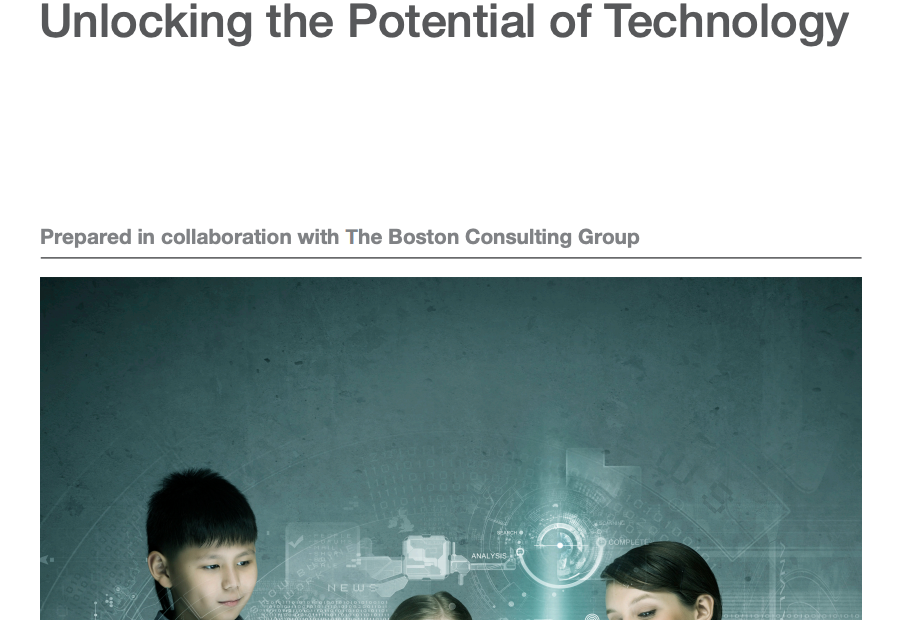
| To thrive in a rapidly evolving, technology-mediated world, students must not only possess strong skills in areas such as language arts, mathematics and science, but they must also be adept at skills such as critical thinking, problem-solving, persistence, collaboration and curiosity. In this report, we undertook a detailed analysis of the research literature to define what we consider to be the 16 most critical “21st-century skills”. We have found that education technology can yield the best results if it is tailored to a country’s unique educational challenges, such as those related to inadequately trained teachers or insufficient financial resources, among others. In this report, we argue that for technology to reach its greatest potential it needs to be better integrated into an instructional system we call the “closed loop”. Delivering on a technology-enabled closed-loop instructional system – one that will help close the 21st-century skills gap – will ultimately require effective collaborations among a complex and interconnected group of policy-makers, educators, education technology providers and funders. When implemented thoughtfully, these collaborations can begin to bring the most effective education technologies to more of the world’s students in an effort to address 21st-century skills gaps. |
Author(s): ERI-Net
Year Published: 2015
Language: English
Country: Switzerland


